2020 Conventiculum Latinum, July 8-14
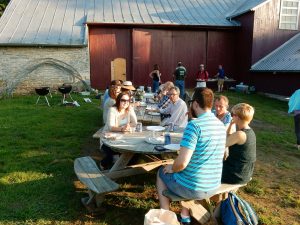
Conventiculum participants enjoying dinner at the Dickinson Organic Farm (2015)
The Conventiculum Dickinsoniense is an immersion seminar designed for those who want to acquire some ability at ex-tempore expression in Latin. A wide range of people can benefit from the seminar: professors in universities, teachers in secondary schools, graduate students, undergraduates, and other lovers of Latin, provided that anyone who considers applying has a solid understanding of the grammatical essentials of the Latin language. A minimum requirement for participation is knowledge of Latin grammar and the ability to read a Latin text of average complexity – even if this reading ability depends on frequent use of a dictionary. But no previous experience in speaking Latin is necessary. Sessions will be aimed at helping participants to increase their ability to use Latin effectively in spoken discourse and to understand others speaking in Latin. After the first evening reception (in which any language may be spoken), Latin will be the language used throughout the seminar. Participants will be involved in intensive activity each day from morning until early evening (with breaks for lunch and mid-afternoon pauses). They will experience Latin conversations on topics ranging from themes in literature and art all the way to the routines and activities of daily life, and will enjoy the benefits of reading and discussing texts in the target language. Activities will involve both written and spoken discourse, both of which engage the active faculties of expression, and each of which is complementary to the other. The seminar will not merely illustrate how active Latin can be a useful tool for teachers, it will show how developing an active facility in Latin can directly and personally benefit any cultivator of Latin who wishes to acquire a more instinctive command of the language and a more intimate relationship with Latin writings.
Moderators:
Prof. Milena Minkova, University of Kentucky
Prof. Terence Tunberg, University of Kentucky
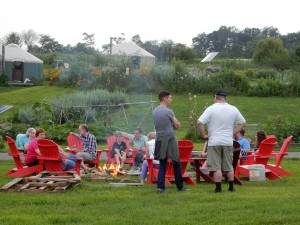 We can accept a maximum number of 40 participants. Deadline for applications is May 1, 2020. The participation fee for each participant will be $400. The fee includes lodging in a single room in campus housing (and please note that lodging will be in a student residence near the site of the sessions), two meals (breakfast and lunch) per day, as well as the opening dinner, and a cookout at the Dickinson farm. Included in this price is also the facilities fee, which allows access to the gym, fitness center, and the library, as well as internet access. The $400 fee does not include the cost of dinners (except for the opening dinner and the cookout at the Dickinson farm), and does not include the cost of travel to and from the seminar. Dinners can easily be had at restaurants within walking distance from campus. Please keep in mind that the participation fee of $400, once it has been received by the seminar’s organizers, is not refundable. This is an administrative necessity.
We can accept a maximum number of 40 participants. Deadline for applications is May 1, 2020. The participation fee for each participant will be $400. The fee includes lodging in a single room in campus housing (and please note that lodging will be in a student residence near the site of the sessions), two meals (breakfast and lunch) per day, as well as the opening dinner, and a cookout at the Dickinson farm. Included in this price is also the facilities fee, which allows access to the gym, fitness center, and the library, as well as internet access. The $400 fee does not include the cost of dinners (except for the opening dinner and the cookout at the Dickinson farm), and does not include the cost of travel to and from the seminar. Dinners can easily be had at restaurants within walking distance from campus. Please keep in mind that the participation fee of $400, once it has been received by the seminar’s organizers, is not refundable. This is an administrative necessity.
Registered participants should plan to arrive in Carlisle, PA on July 8 in time to attend the first event of the seminar. This first event is an opening buffet and welcoming reception for all participants, which will begin at about 6:00 p.m., in which all languages are acceptable. The actual workshop sessions (in which Latin will the exclusive language) will begin early the next morning on July 9.
For more information and application instructions write to: Professor Terence Tunberg: terence.tunberg@gmail.com
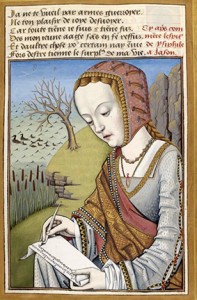
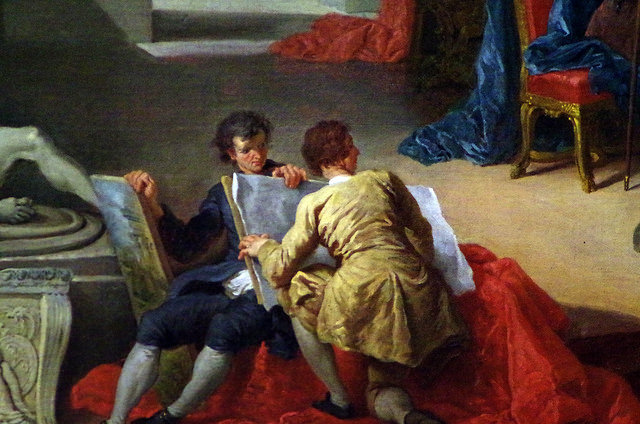
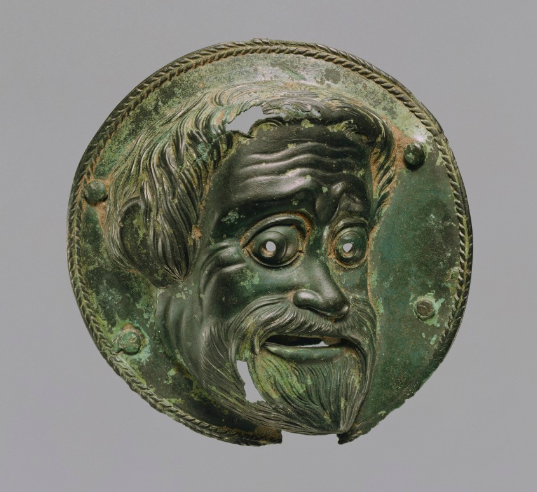
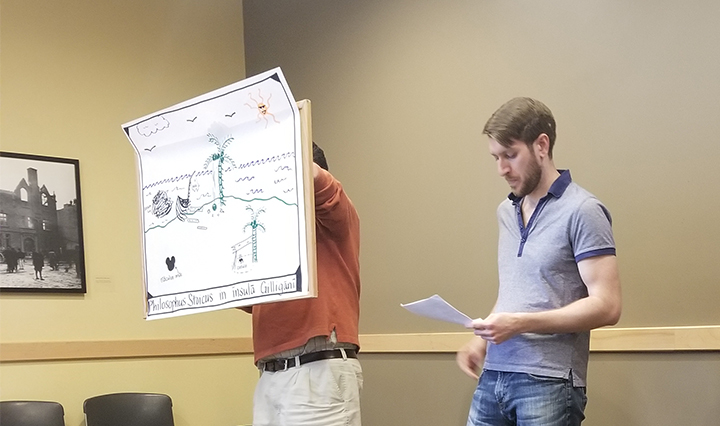
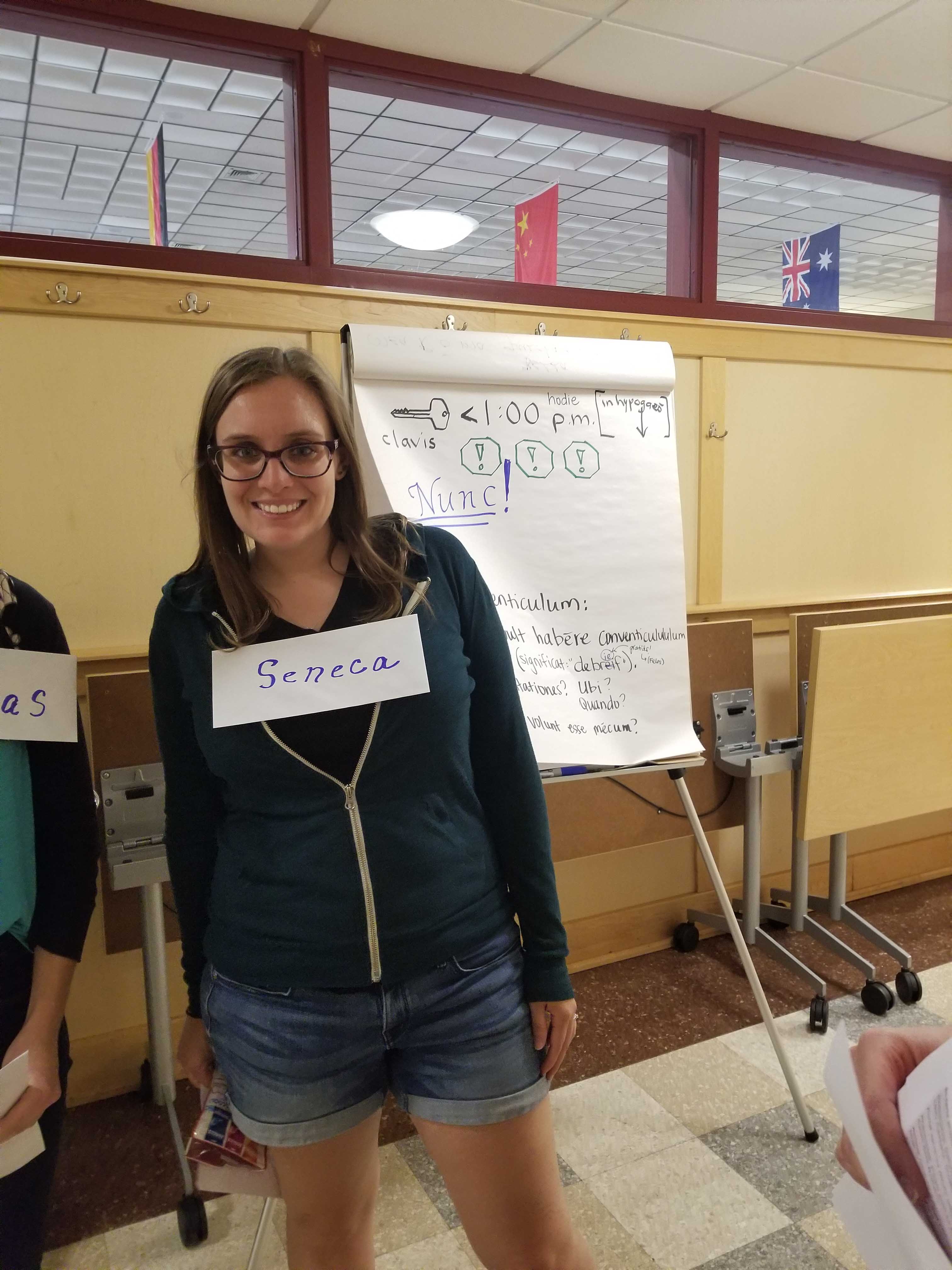
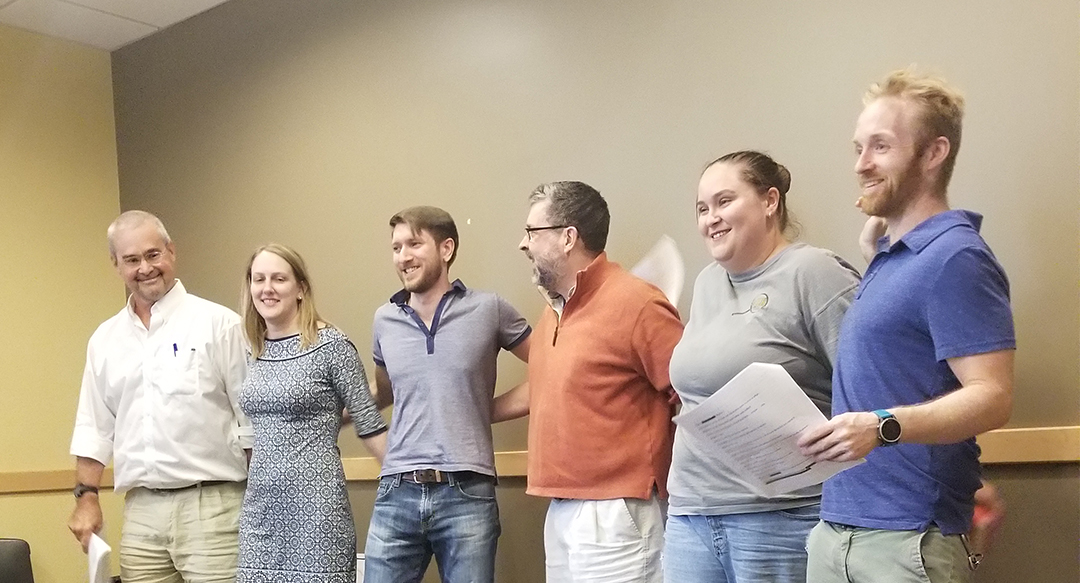
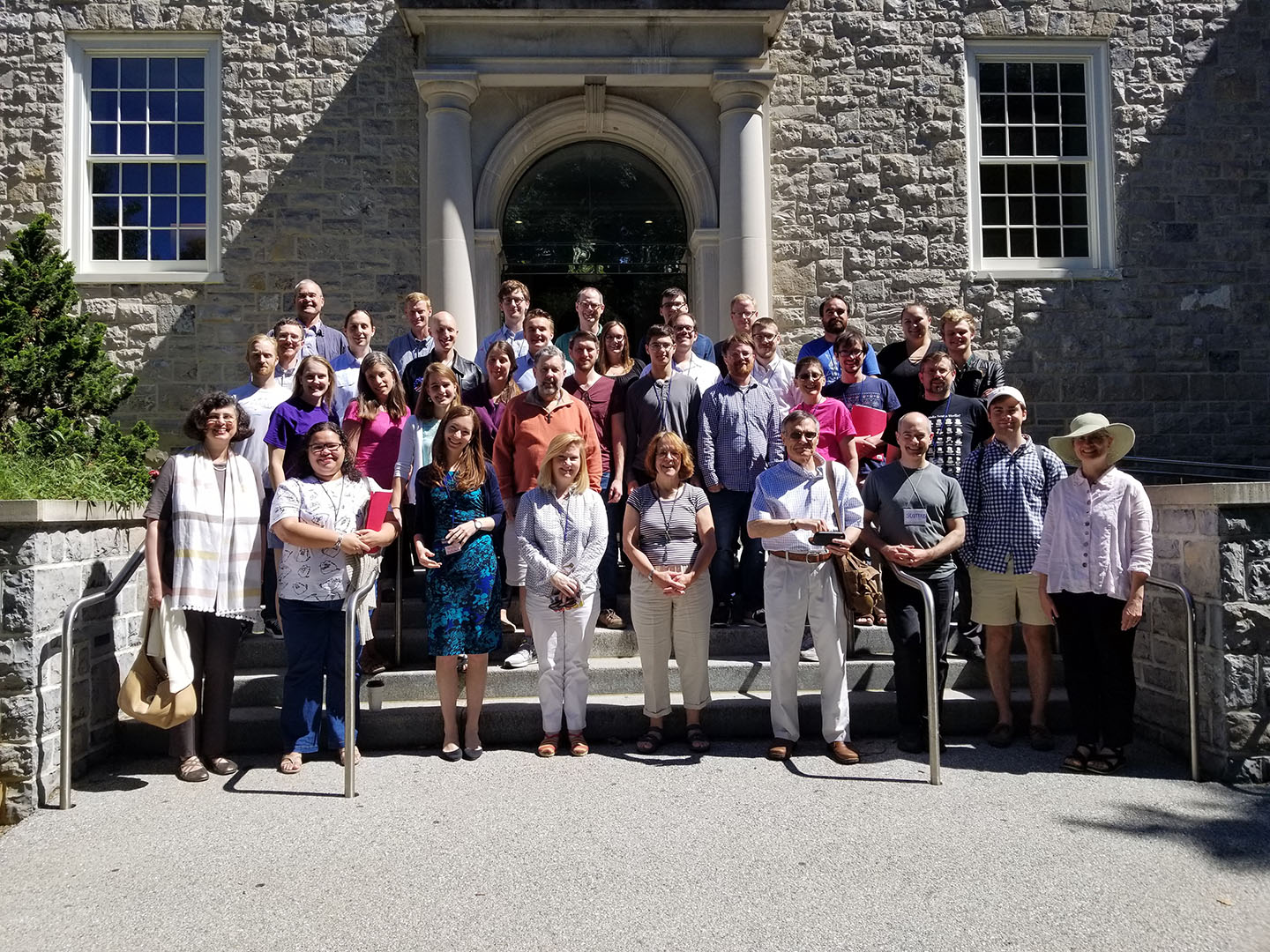
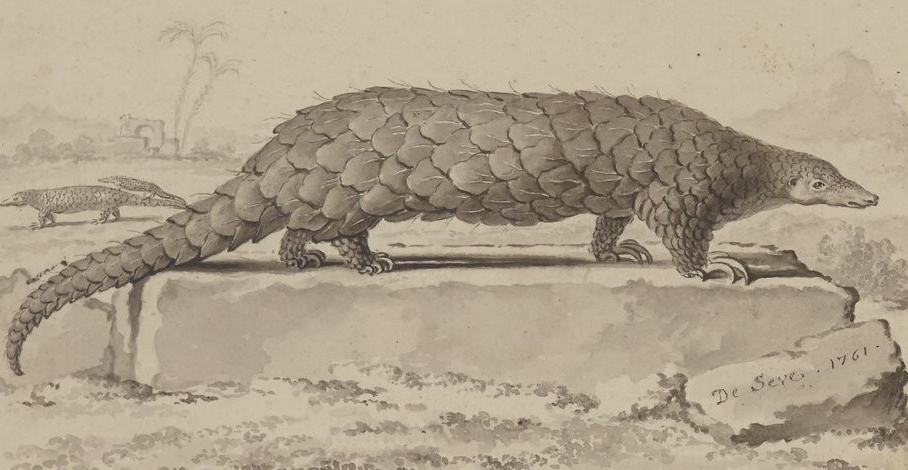
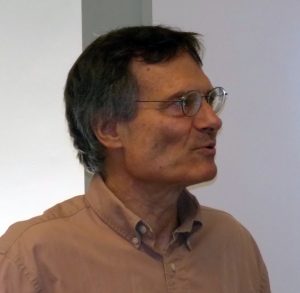
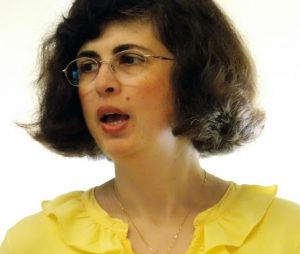

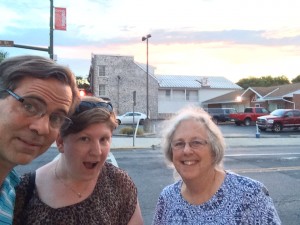 The Dickinson Summer Latin Workshop is intended for teachers of Latin, as a way to refresh the mind through study of an extended Latin text, and to share experiences and ideas with Latinists and teachers. Sometimes those who are not currently engaged in teaching have participated as well, including retired teachers and those working towards teacher certification.
The Dickinson Summer Latin Workshop is intended for teachers of Latin, as a way to refresh the mind through study of an extended Latin text, and to share experiences and ideas with Latinists and teachers. Sometimes those who are not currently engaged in teaching have participated as well, including retired teachers and those working towards teacher certification.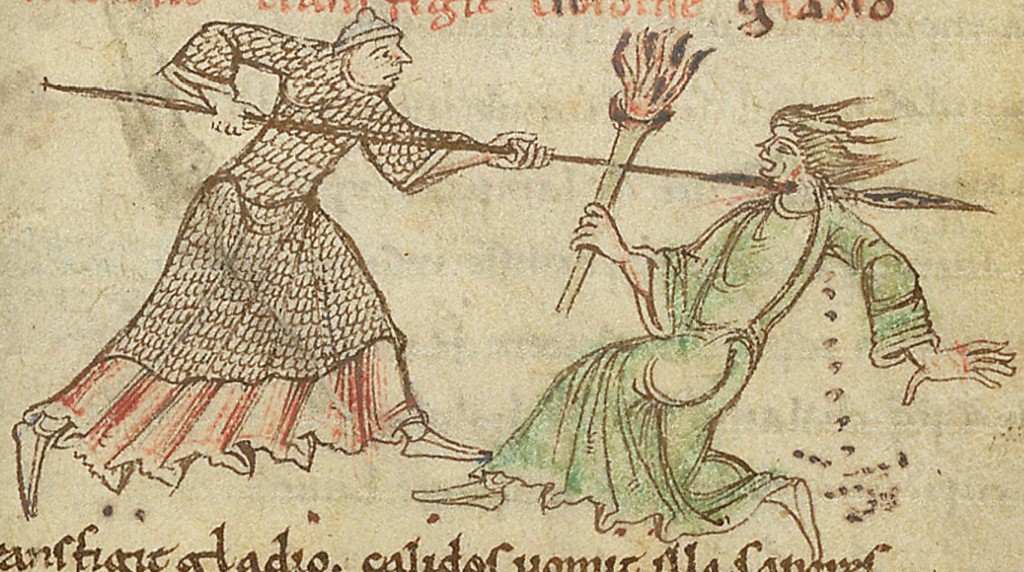
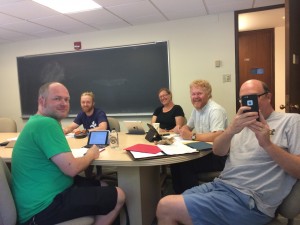 Deadline for applications is May 1, 2017. The participation fee for each participant will $300. The fee covers lodging, breakfast and lunch in the Dickinson cafeteria, the facilities fee, which allows access to the gym, fitness center, and the library, as well as wireless and wired internet access while on campus. The $300 fee does not cover the costs of books or travel, or of dinners, which are typically eaten in the various restaurants in Carlisle. Please keep in mind that the participation fee of $300, once it has been received by the seminar’s organizers, is not refundable. This is an administrative necessity.
Deadline for applications is May 1, 2017. The participation fee for each participant will $300. The fee covers lodging, breakfast and lunch in the Dickinson cafeteria, the facilities fee, which allows access to the gym, fitness center, and the library, as well as wireless and wired internet access while on campus. The $300 fee does not cover the costs of books or travel, or of dinners, which are typically eaten in the various restaurants in Carlisle. Please keep in mind that the participation fee of $300, once it has been received by the seminar’s organizers, is not refundable. This is an administrative necessity. The first event will be an introductory dinner at 6:00 p.m., July 12. The final session ends at noon on July 17, with lunch to follow. Sessions will meet from 8:30 a.m. to 12:00 p.m. each day, with the afternoons left free for preparation.
The first event will be an introductory dinner at 6:00 p.m., July 12. The final session ends at noon on July 17, with lunch to follow. Sessions will meet from 8:30 a.m. to 12:00 p.m. each day, with the afternoons left free for preparation. CONVENTICULUM DICKINSONIENSE
CONVENTICULUM DICKINSONIENSE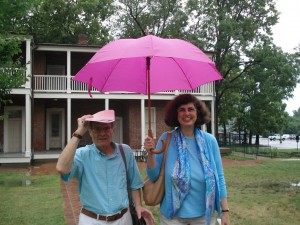 We can accept a maximum number of 35 participants. Deadline for applications is May 1, 2017. The participation fee for each participant will $300. The fee includes lodging in a single room in campus housing (and please note that lodging will be in a student residence near the site of the sessions), two meals (breakfast and lunch) per day, as well as the opening dinner, and a cookout at the Dickinson farm on 9 July. Included in this price is also the facilities fee, which allows access to the gym, fitness center, and the library, as well as internet access. The $300 fee does not include the cost of dinners (except for the opening dinner and the cookout at the Dickinson farm), and does not include the cost of travel to and from the seminar. Dinners can easily be had at restaurants within walking distance from campus. Please keep in mind that the participation fee of $300, once it has been received by the seminar’s organizers, is not refundable. This is an administrative necessity.
We can accept a maximum number of 35 participants. Deadline for applications is May 1, 2017. The participation fee for each participant will $300. The fee includes lodging in a single room in campus housing (and please note that lodging will be in a student residence near the site of the sessions), two meals (breakfast and lunch) per day, as well as the opening dinner, and a cookout at the Dickinson farm on 9 July. Included in this price is also the facilities fee, which allows access to the gym, fitness center, and the library, as well as internet access. The $300 fee does not include the cost of dinners (except for the opening dinner and the cookout at the Dickinson farm), and does not include the cost of travel to and from the seminar. Dinners can easily be had at restaurants within walking distance from campus. Please keep in mind that the participation fee of $300, once it has been received by the seminar’s organizers, is not refundable. This is an administrative necessity.